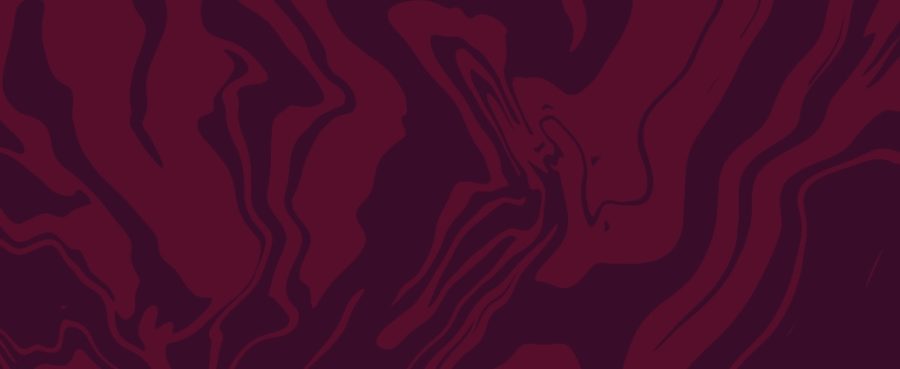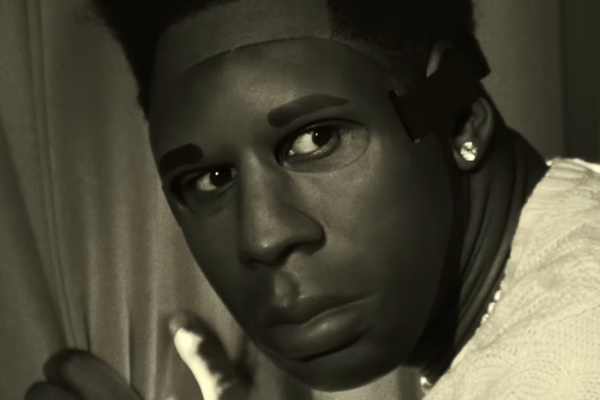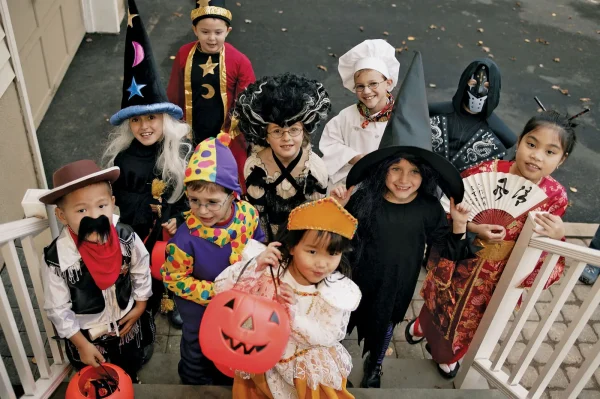The Middle East and the Diversity of Cleveland
Clarion photo Theo Chowdry
August 4, 2020: The day my life and the lives of other people in Beirut, Lebanon changed forever. A large amount of ammonium nitrate was set off, resulting in an explosion that injured about 7,000 people and killed more than 200 people. The blast was documented as the biggest non-nuclear explosion in history, resulting in the trauma that affected not only the residents affected by the explosion, but also the eight million Lebanese citizens living internationally.
What happened there resulted in negligence by the Lebanese government. As of today, no one knows the cause of the explosion or what could have stopped it. The only information gathered from that day was that in the year 2013, the Beirut customs enforcement at their port confiscated about 3,000 tons of ammonium nitrate. We have no idea who did it, who to blame, and who to prosecute for the disaster that affected so many lives.
I am a survivor of this explosion. In my freshman year of high school last year I was affected along with millions of other people through emotional and physical trauma. I woke up that day expecting a normal day with my family, unprepared for the screams, the bloodshed, and the mess the horrifying day left behind.
This day opened my eyes, and taught me how it’s important to reconnect with the trauma faced in other countries in the middle east. Lebanon, Palestine, Syria, Iraq, Yemen; what these countries have in common is the influx of refugees who fled their country in hopes of change, a new life, a fresh start. This influx increased the presence of first, second, and third-generation Americans who grew up through the generational trauma that ultimately led to them leaving.
As a community, it’s important to recognize their impacts and acknowledge their presence as well as help those who couldn’t leave and are still affected. Upon registration to high schools in the US, there is no box specifically for middle eastern, so there is practically no way of finding out how many Arabic students make up the Cleveland populace. This directly affects our recognition in the Cleveland community, making us feel as if we are the racial “other.”
It’s important to recognize, support, and bring awareness to the matters going on outside the country and support the migrants inside our country. The more we talk about the injustices happening internationally and pressure people in power, the more we can inspire change and make a difference. Free and support the Middle East.






